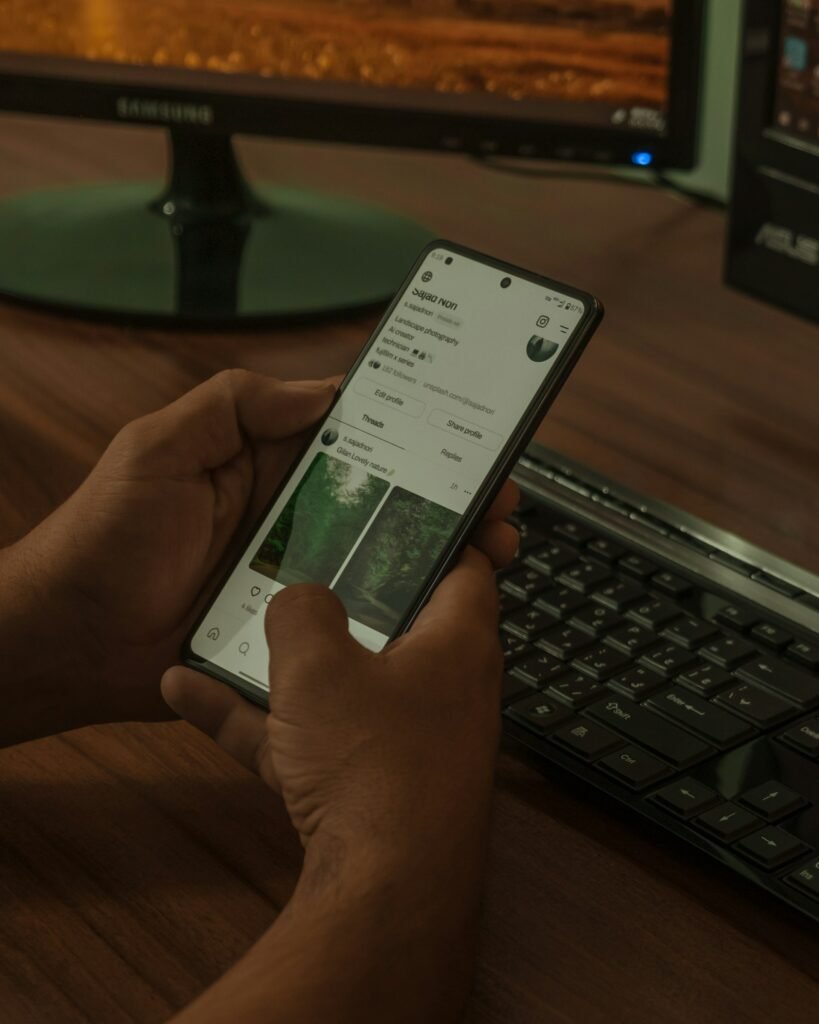Introduction to Mobile Software
What is mobile software?
Mobile software refers to programs and applications specifically designed to operate on mobile devices such as smartphones and tablets. It encompasses a wide range of software including operating systems, mobile applications, and games.
Importance of mobile software
Mobile software is indispensable in modern life, facilitating various tasks such as communication, productivity, entertainment, and commerce. With the widespread adoption of smartphones, mobile has become an integral part of our daily routines.
Types of Mobile Software
Operating Systems (OS)
Mobile operating systems serve as the backbone of smartphones, providing the necessary framework for running applications and managing hardware resources. Some popular mobile OS include iOS, Android, and Windows Mobile.
Mobile Applications (Apps)
Mobile applications, commonly referred to as apps, are software programs designed to perform specific functions on mobile devices. They cover a broad spectrum of categories including social media, gaming, productivity, and e-commerce.
Mobile Games
Mobile games are a significant subset of mobile offering immersive and entertaining experiences to users. With advancements in graphics and gameplay, mobile games have become a booming industry, catering to a diverse audience.
Evolution of Mobile Software
Early mobile software
The evolution of mobile traces back to the early days of feature phones, where basic applications such as calendars, calculators, and messaging apps were prevalent. However, the advent of smartphones ushered in a new era of mobile computing, paving the way for sophisticated software development.
Advancements in mobile software development
Over the years, mobile development has witnessed rapid advancements, driven by technological innovation and consumer demand. From responsive design to cloud integration, developers continually strive to enhance the user experience and functionality of mobile applications.
Key Features of Mobile Software
User Interface (UI)
User interface design plays a crucial role in mobile influencing usability and user satisfaction. Intuitive navigation, responsive layouts, and visually appealing graphics are essential elements of an effective UI.
Performance Optimization
Performance optimization is critical in mobile development to ensure smooth and efficient operation on resource-constrained devices. Techniques such as code optimization, caching, and memory management are employed to enhance performance.
Security Measures
Security is a paramount concern in mobile given the prevalence of cyber threats and privacy breaches. Developers implement robust security measures such as encryption, authentication, and secure data transmission to safeguard user information.
Popular Mobile Software Platforms
iOS (Apple)
iOS, developed by Apple Inc., powers the company’s lineup of iPhones and iPads. Known for its sleek design and seamless integration with Apple ecosystem, iOS offers a curated selection of high-quality apps through the App Store.
Android (Google)
Android, developed by Google, is the most widely used mobile operating system globally. Known for its open-source nature and customizable interface, Android offers a diverse range of apps through Google Play Store, catering to a broad audience.
Windows Mobile
Windows Mobile, developed by Microsoft, is a mobile operating system designed for smartphones and tablets. Although its market share has declined in recent years, Windows Mobile continues to provide a familiar Windows experience to users.
Mobile Software Development Process
Planning and Research
The mobile development process begins with thorough planning and research, where developers identify user requirements, analyze market trends, and define project goals.
Design and Prototyping
Design and prototyping involve creating wireframes, mockups, and prototypes to visualize the app’s user interface and functionality. Feedback from stakeholders and usability testing help refine the design.
Development and Testing
Development entails writing code, integrating features, and optimizing performance based on the project requirements. Testing is conducted at various stages to identify and rectify bugs, ensuring a seamless user experience.
Deployment and Maintenance
Once the app is developed and tested, it is deployed to app stores for distribution to users. Ongoing maintenance involves releasing updates, fixing bugs, and addressing user feedback to improve the app’s performance and functionality.
Challenges in Mobile Software Development
Fragmentation
Fragmentation refers to the diverse range of hardware and software configurations across different mobile devices, posing challenges for developers in ensuring compatibility and consistency across platforms.
Device Compatibility
Device compatibility is another challenge in mobile development, as developers must optimize their apps to run smoothly on various screen sizes, resolutions, and operating system versions.
Security Concerns
Security remains a major concern in mobile development, with the proliferation of malware, data breaches, and privacy violations. Developers must implement robust security measures to protect user data and mitigate risks.
Future Trends in Mobile Software
Artificial Intelligence (AI) integration
AI integration is poised to transform the mobile landscape, enabling personalized experiences, predictive analytics, and natural language processing capabilities in mobile apps.
Augmented Reality (AR) and Virtual Reality (VR)
AR and VR technologies are gaining traction in mobile development, offering immersive and interactive experiences in gaming, education, and retail applications.
Internet of Things (IoT) integration
IoT integration allows mobile devices to interact with interconnected smart devices and sensors, enabling seamless automation and remote monitoring in various domains such as home automation, healthcare, and transportation.
Conclusion
Mobile continues to redefine the way we interact with technology, offering innovative solutions to meet our ever-evolving needs. With advancements in AI, AR, and IoT, the future of mobile holds exciting possibilities for enhancing productivity, entertainment, and connectivity.

